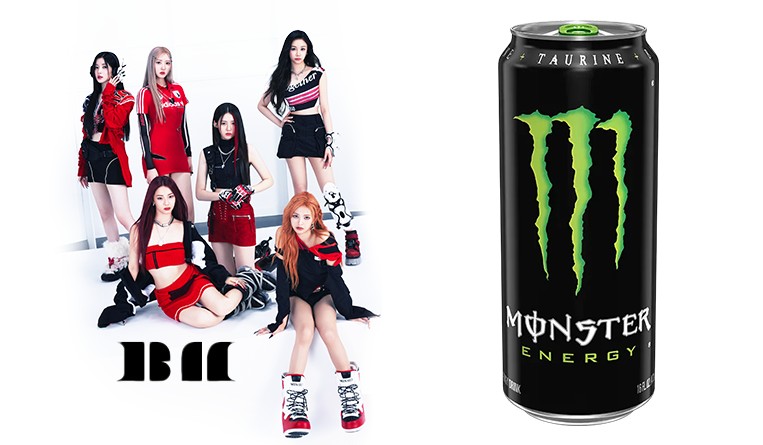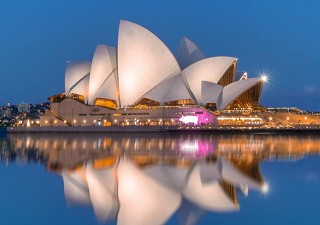Key takeaways from IPOS trademark case involving Monster Energy Company, YG Entertainment
12 January 2024

Photo: Monster Energy, YG Entertainment

Anna Toh, Director, Amica Law, Singapore
Consumer perception is key to determining whether two marks are confusingly similar.
According to Anna Toh, director at Amica Law in Singapore, this was one of the key takeaways from Monster Energy Company v. YG Entertainment.
Monster Energy opposed YG Entertainment’s trademark registration for the mark BABYMONSTER and BABYMONSTERS on the grounds of confusing similarity and passing off. Monster Energy is a frontrunner in the global energy drinks industry, while YG Entertainment is a South Korean talent agency operating as a record label and music and concert production, among others. Its roster of talents includes BabyMonster, one of its newest K-pop girl groups.
However, the Intellectual Property Office of Singapore (IPOS) decided in favour of the entertainment agency. Its legal decision concluded that the marks are not visually, aurally and conceptually similar and that “the differences between the marks are sufficient for there to be no likelihood of confusion.”
“Monster Energy argued that the differentiating word ‘BABY’ is descriptive and therefore not weighty enough to distinguish the marks. The IP adjudicator considered how the average Singapore consumer would read the marks BABYMONSTER and BABYMONSTERS and found it unrealistic to cleave them into their constituent words,” said Toh, who acted for YG Entertainment in the trademark case.
The IPOS ruling differs from the corresponding EU decision. The European Union Intellectual Property Office (EUIPO) took the view that the European public would mentally divide BABYMONSTERS into separate words.
Toh said another key point delivered by the case is that a mark is only as strong as the scope of goods and services it claims. “Monster Energy holds registrations for ‘MONSTER’ and ‘MONSTER ENERGY.’ It would have had a better case for mark-similarity had it relied more on the ‘MONSTER’ marks, but these marks are registered only for beverages, which are dissimilar to YG Entertainment’s goods and services,” she explained.
The third takeaway is that goodwill is not all-encompassing. Instead, goodwill is tied to specific fields of business.
“Monster Energy highlighted its sponsorship of music tours, festivals and sports events to try to show closeness with YG Entertainment’s entertainment services. However, the IP adjudicator observed that Monster Energy’s activities were all pointed at promoting energy drinks and did not mean it had goodwill in the entertainment business,” said Toh. “This underscores that trademark owners need to show trading activity in the specific type of business that they wish to establish their goodwill in.”
The decision, published by IPOS on January 8, 2024, reads: “The Opponent did submit that it had goodwill in respect of apparel and merchandise. In this connection, the Applicant submitted that there was no or very little evidence of these goods actually being sold in Singapore. I agree. This may also be contrasted with the substantial evidence of goodwill that the Opponent had proffered in respect of the sale of its energy drinks in Singapore. Secondly, I have perused the evidence of the marks used on the apparel and merchandise and it would appear that many of the exhibits include the Composite Mark or, at least, the claw device. So, even if there is goodwill in respect of these products in Singapore, I believe the differences between the marks are sufficient for there to be no likelihood of confusion.”
Ravindran Muthucumarasamy, managing partner of Ravindran Associates in Singapore, served as IP adjudicator for the case.
- Espie Angelica A. de Leon






